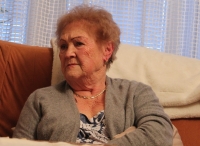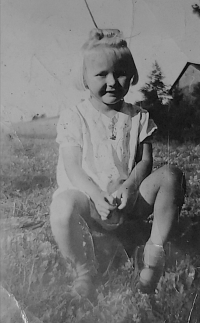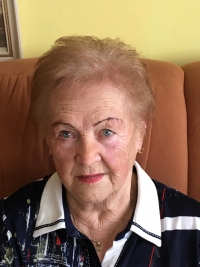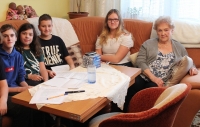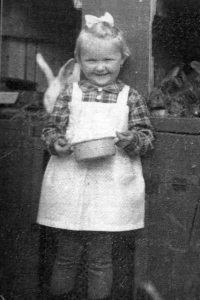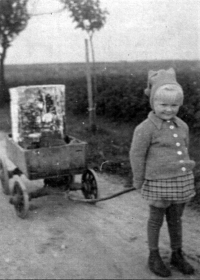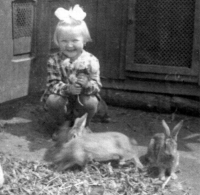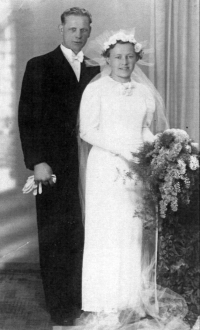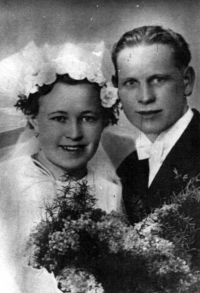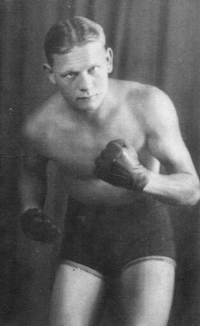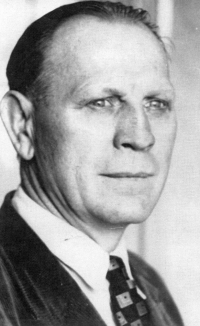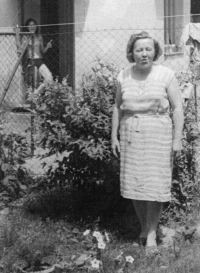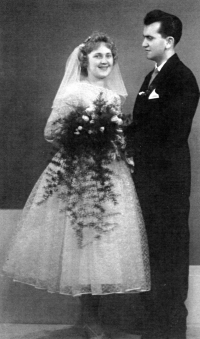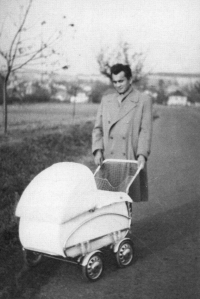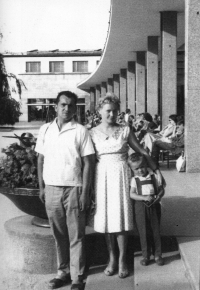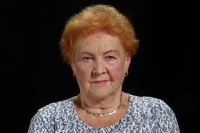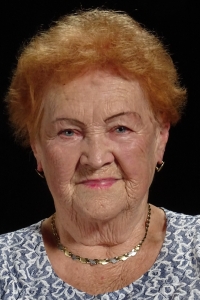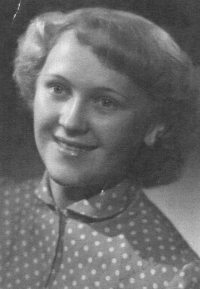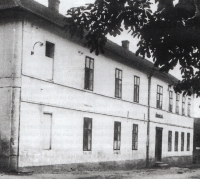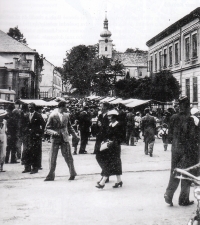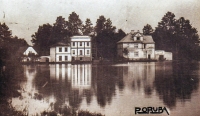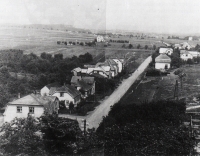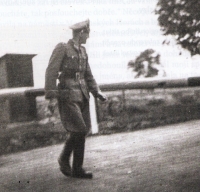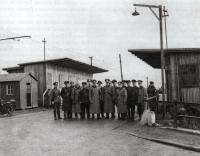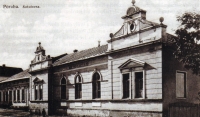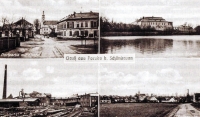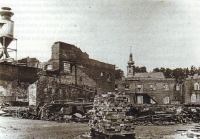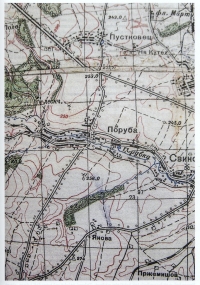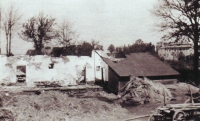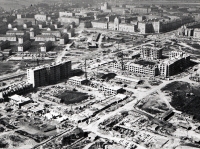We were running across a meadow to the bunker and an aircraft was flying low over us and shooting at us. I was dreadfully scared

Stáhnout obrázek
Ladislava Klásková, née Matějová, was born on July 21st 1937 in Poruba which later became a part of Ostrava. After the Munich crisis, the village was integrated into the German Sudetenland. The family lived in the grandparents’ house where they had a small farm. The father worked in the Vítkovice ironworks. Ladislava remembers the end of the World War Two, the massive bombing of Poruby on the 27th April 1945 and the liberation by the Red Army. She weathered the severest battles with her parents and three-years-old brother in a bunker build in a slope near a forest. German officers as well as later Soviet soldiers dwelled in their house. She studied to become a medical laboratory technician on a secondary medical school in Ostrava-Vítkovice. She worked in the Blood donation centre in Ostrava, which later became the Blood donation centre of the regional hospital.
